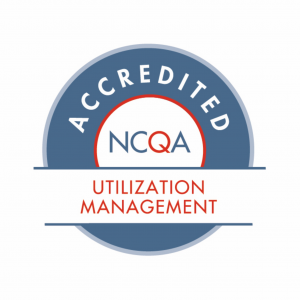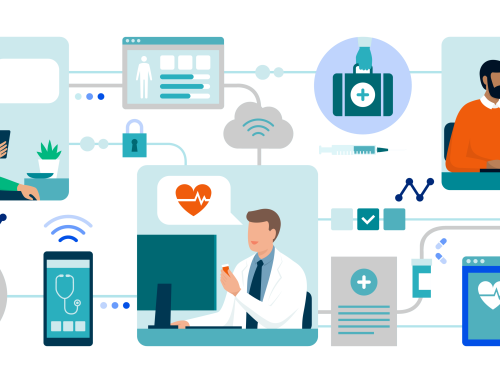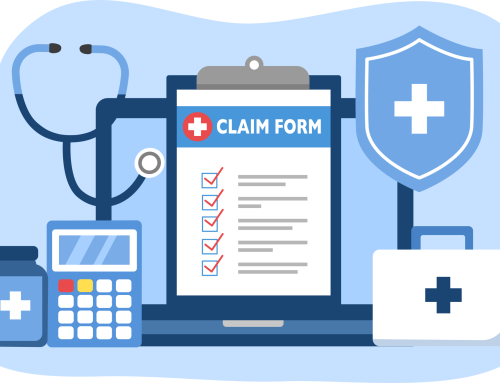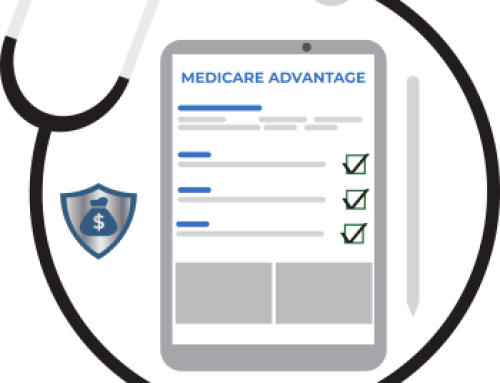Healthcare is a complex and dynamic field that requires constant innovation and improvement to meet the needs of patients and providers. One of the key strategies that healthcare organizations use to optimize their performance and quality is utilization management (UM). UM is the process of evaluating and monitoring the appropriateness, efficiency, and effectiveness of healthcare services, procedures, and facilities. UM aims to ensure that patients receive the right care at the right time in the right setting, while avoiding unnecessary or wasteful spending.
How Utilization Management Works
Utilization management can be applied to various aspects of healthcare delivery, such as:
- Prior authorization: This is the process of obtaining approval from a payer (such as an insurance company) before a service or procedure is performed.
 Prior authorization helps to prevent overuse or misuse of resources and to ensure that the service or procedure is medically necessary and covered by the payer.
Prior authorization helps to prevent overuse or misuse of resources and to ensure that the service or procedure is medically necessary and covered by the payer. - Concurrent review: This is the process of reviewing the ongoing care of a patient during a hospital stay or a course of treatment. Concurrent review helps to assess the progress and outcomes of the care and to determine if it meets the established criteria and standards. Concurrent review also helps to facilitate discharge planning and care coordination.
- Retrospective review: This is the process of reviewing the care that was provided to a patient after it has been completed. Retrospective review helps to evaluate the quality and outcomes of the care and to identify any issues or gaps that need to be addressed. Retrospective review also helps to verify the accuracy and completeness of billing and reimbursement.
The Benefits of UM
Utilization management can benefit both patients and providers in several ways, such as:
- Improving patient safety and satisfaction:
- UM helps to ensure that patients receive appropriate and evidence-based care that meets their needs and preferences.
- UM also helps to reduce the risk of complications, errors, or adverse events that may result from unnecessary or inappropriate care.
- Enhancing provider performance and accountability:
- UM helps to promote best practices and standards of care among providers and to encourage continuous learning and improvement.
- UM also helps to measure and monitor provider performance and outcomes and to provide feedback and support for quality improvement initiatives.
- Reducing healthcare costs and waste:
- UM helps to eliminate or minimize unnecessary or inefficient use of resources and to optimize the allocation and utilization of resources.
- UM also helps to lower healthcare costs for patients, providers, payers, and society by reducing avoidable hospitalizations, readmissions, emergency visits, tests, procedures, or treatments.
The Importance of UM
Utilization management is an essential component of streamlining healthcare delivery and improving healthcare quality. By applying utilization management principles and practices, healthcare organizations can achieve better outcomes for their patients and providers while reducing healthcare costs and waste.
References:
- Centers for Medicare & Medicaid Services. (n.d.). Utilization management.
- National Association of Insurance Commissioners. (n.d.). Utilization management.
- American College of Physicians. (2017). Policy recommendations to guide the use of telemedicine in primary care settings: An American College of Physicians position paper. Annals of Internal Medicine, 167(10), 784-787. doi:10.7326/M17-1567
| Editor’s Note: BHM Healthcare Solutions offers NCQA consulting services with a perfect track record of success for our clients. Contact BHM for a brief discussion on how BHM achieves success. CLICK HERE |





